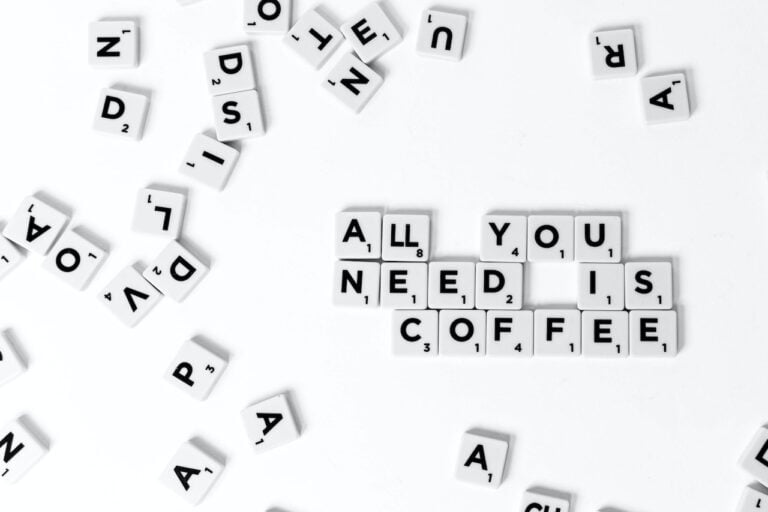A sentence is a complete thought or idea expressed in words. The three main parts of a sentence are the subject, the verb, and the object.
- Subject: The subject of a sentence is the noun or pronoun that performs the action or is being described. It is the person, place, thing, or idea that the sentence is about. For example, in the sentence “Mary went to the store,” the subject is “Mary.”
- Verb: The verb of a sentence is the action or state of being that the subject is performing or experiencing. It is the word that expresses the action or occurrence of the sentence. For example, in the sentence “Mary went to the store,” the verb is “went.”
- Object: The object of a sentence is the noun or pronoun that receives the action of the verb. It is the person, place, thing, or idea that is affected by the action of the sentence. For example, in the sentence “Mary bought a loaf of bread at the store,” the object is “a loaf of bread.”
Together, these three parts create a complete sentence that conveys a thought or idea. For example, “Mary went to the store and bought a loaf of bread” contains a subject (Mary), a verb (went and bought), and an object (a loaf of bread). Understanding these three parts of a sentence is crucial for effective communication and writing.
Here are some examples that demonstrate the three main parts of a sentence:
1. Subject: Mary
Verb: went
Object: to the store
Complete sentence: Mary went to the store.
2. Subject: I
Verb: like
Object: pizza
Complete sentence: I like pizza.
3. Subject: The cat
Verb: sat
Object: on the mat
Complete sentence: The cat sat on the mat.
4. Subject: They
Verb: are studying
Object: for the test
Complete sentence: They are studying for the test.
5. Subject: The flowers
Verb: bloomed
Object: in the spring
Complete sentence: The flowers bloomed in the spring.
6. Subject: The teacher
Verb: is teaching
Object: a class
Complete sentence: The teacher is teaching a class.
7. Subject: We
Verb: went
Object: to the beach
Complete sentence: We went to the beach.
8. Subject: My friend
Verb: gave
Object: me a gift
Complete sentence: My friend gave me a gift.
These examples demonstrate how the subject, verb, and object work together to create a complete sentence.
Find below some examples of incomplete sentences:
1. Running in the park.
This is an example of a sentence fragment. It is missing a subject, verb, or both, and does not express a complete thought.
- Eating pizza with my friends, and watching a movie.
This is another example of a sentence fragment. It includes multiple verbs and phrases, but no clear subject or main verb to tie them together into a complete sentence.
- Because I was tired and hungry.
This is a dependent clause that does not express a complete thought on its own. It needs an independent clause to create a complete sentence.
- Despite the rain and wind.
Like example 3, this is a dependent clause that lacks an independent clause to form a complete sentence.
These examples demonstrate how incomplete sentences can lack the necessary components to express a complete thought, or maybe dependent clauses that require additional context or information to be complete.


Quite expository and educative
Thank you!